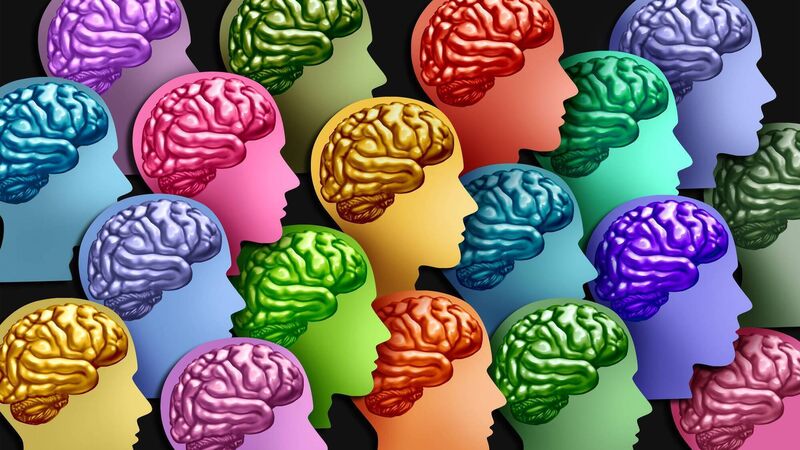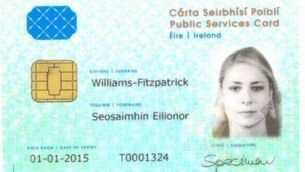'We need to talk more about this': Being diagnosed at 25 with ADHD

DHD affects parts of the brain controlling attention, impulses, and concentration, so many people who had not realised they have this condition were suddenly challenged in getting through their day. Picture: iStock
A women who was diagnosed with ADHD at the age of 25 has told of how she felt relieved after getting the diagnosis, and believes we need to talk much more about adults with ADHD.
Abbie Robinson was working on her PhD last year which coincidentally was on this condition, but said during the research various issues began to resonate with her.










